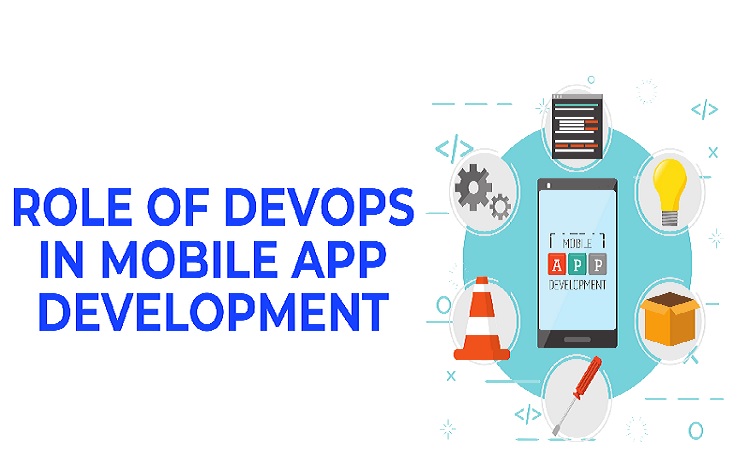DevOps is a cultural and technical approach to software development and IT operations that emphasizes collaboration, automation, and continuous delivery. It aims to break down silos between development and operations teams, enabling faster development cycles, better quality, and more reliable deployments.
Applying DevOps to Mobile App Development
Faster Time to Market: DevOps practices allow for continuous integration and continuous delivery (CI/CD), reducing the time it takes to release new app versions or updates. This speed is crucial in the competitive mobile app market.
Improved Quality: Automated testing and continuous monitoring ensure that mobile apps are thoroughly tested, leading to fewer bugs and a better user experience.
Enhanced Collaboration: DevOps fosters collaboration between developers, testers, and operations teams, leading to a more efficient development process.
Efficient Resource Utilization: DevOps practices help optimize resource utilization, making it easier to scale infrastructure as needed for mobile app development.
Key DevOps Practices for Mobile App Development
Version Control: Use a version control system like Git to track changes in your mobile app’s codebase. This ensures that code changes are well-documented and easily reversible.
Automated Builds: Set up automated build pipelines to compile your mobile app’s code into executable binaries. Tools like Jenkins or Travis CI can automate this process.
Continuous Integration (CI): Implement CI to automatically merge code changes into a shared repository and trigger automated tests. Popular CI tools for mobile development include CircleCI and Bitrise.
Automated Testing: Invest in automated testing, including unit tests, integration tests, and UI testing. Tools like Appium, Espresso, and XCUITest can help with mobile app testing.
Continuous Delivery (CD): Implement CD pipelines to automatically deploy new app versions to various app stores or distribution platforms. Fastlane is a popular tool for automating mobile app deployments.
Monitoring and Feedback: Utilize monitoring tools and user feedback to detect and resolve issues quickly. Services like Firebase and New Relic can provide valuable insights into app performance.
Security: Integrate security testing into your CI/CD pipeline to identify vulnerabilities early in the development process.
